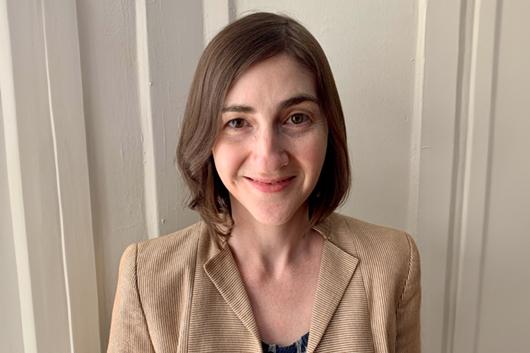Brigid Cohen: "The Musical Vocation of Yoko Ono"

Free and open to the public.
Brigid Cohen is Associate Professor at New York University. She is a historical musicologist who specializes in the historiography of musics and musicians in migration. Her research and teaching examine the mass dislocation of peoples over the last two centuries, addressing conditions of empire, globalization, genocide, exile, and minoritized citizenship. This intellectual program stems from her conviction that music assumes special value under the pressure of conditions of uprooting. Music serves as a mode of self-fashioning, secures new (and old) community bonds, and brings individuals together in listening, speech, and action. It also interacts in variegated ways with the silences that emerge from troubled sites of memory.
Cohen has published extensively on the politics of 20th-century avant-gardes, archive theory, histories of cosmopolitanism, postcolonial studies, 20th-century German-Jewish diasporic thought, and intersections of music, literature, and the visual arts. Her most recent book, Musical Migration and Imperial New York: Early Cold War Scenes (University of Chicago Press, 2022), explores questions of displacement and citizenship through a study of New York concert avant-gardes, jazz, electronic music, and performance art in the 1950s and 1960s. This book trains its focus on the cultural-political dilemmas navigated by uprooted creators in New York as a capital of empire during the Cold War. The book addresses well-known but little understood figures (e.g., Charles Mingus, Yoko Ono, George Maciunas), alongside less well-known composers (e. g., Halim El-Dabh, Michiko Toyama, Vladimir Ussachevsky). Cohen's emphasis on displacement began with her first book, Stefan Wolpe and the Avant-Garde Diaspora (Cambridge University Press, 2012). This book is both a study of the German-Jewish émigré composer Stefan Wolpe (1902-1972) and a history of modernism that focuses on experiences of migration and cross-cultural encounter- from the Bauhaus to Black Mountain College. The monograph won the Lewis Lockwood Prize of the American Musicological Society for best monograph of the year by a scholar at an early career stage.







